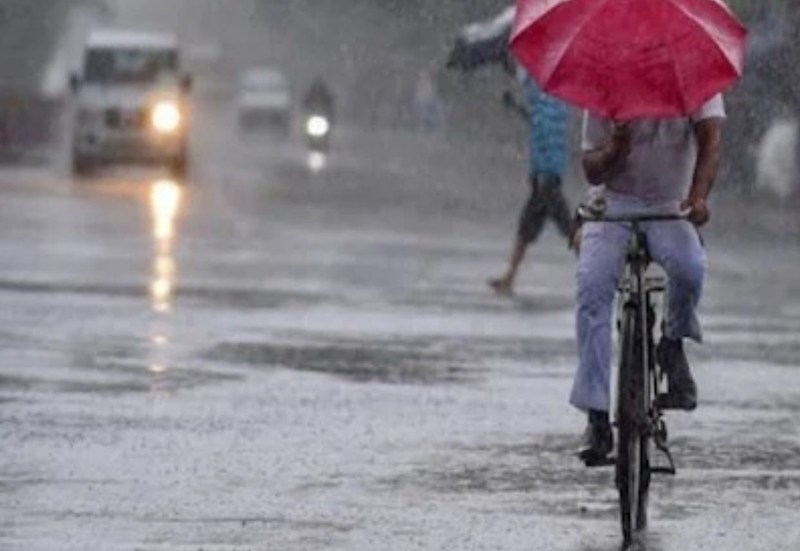
Zimbabwe is poised to welcome the onset of rains in November, marking a crucial turning point for the country’s agricultural sector. Climate Minister Sithembiso Nyoni’s recent briefing to the cabinet emphasized the importance of preparation, particularly after last season’s inadequate rainfall severely impacted agricultural yields. With approximately 20% of Zimbabwe’s 15 million citizens at risk of famine, according to the World Food Programme, the stakes are high.
The current dry spell has already begun to take its toll on livestock in rural Matabeleland, with farmers reporting cattle deaths linked to insufficient pastures and diminishing water sources. Matabeleland South is grappling with severe drought conditions, exacerbating the situation. The livestock sector, which accounts for a significant share of Zimbabwe’s agricultural output, is vulnerable to climate change, with ticks and tick-borne diseases posing a significant threat.

Despite these challenges, the outlook for the 2024/25 agricultural season promises a shift to “normal to above normal rainfall.” Minister Nyoni urged farmers and the public to prepare for the impending rainy season, emphasizing readiness as key to mitigating last season’s difficulties. By adopting climate-smart agriculture practices, Zimbabwe can build resilience in its agricultural sector. The government’s focus on preparation will be crucial in ensuring a successful harvest.






